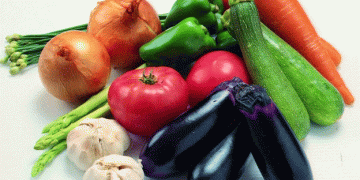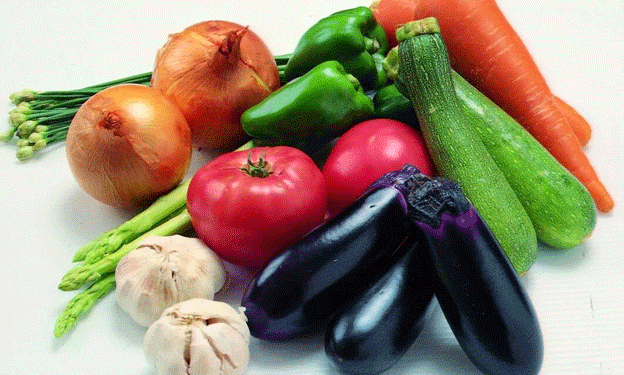The province of Almería, Spain’s leading region for greenhouse-grown vegetables, is currently experiencing a widening price-production gap, particularly for eggplants, cucumbers, and zucchini. According to fresh market data reported by Hortoinfo, average prices during week 14 (March 31–April 5) reflect a difficult market environment for vegetable producers.
The average price for long black eggplants remained stuck at €0.27/kg, well below the estimated production cost of €0.42/kg for the 2023/2024 season. This persistent price suppression has triggered intervention from Hortyfruta, the Andalusian Fruit and Vegetable Producers’ Association, which extended a marketing ban on second-grade eggplants to protect the market and uphold quality standards.
Vegetable Price Movements: KW 13 vs. KW 14
| Product | Price Change (%) | Market Reaction |
| Almería Cucumbers | -32.76% | Sharp decline |
| Short Cucumbers | -17.74% | Moderate decline |
| Fine Zucchini | -21.82% | Significant drop |
| Long Peppers | + slight increase | Price bucked the trend |
| Short Peppers | – slight decline | Downward pressure |
| Black Eggplants | No change (€0.27/kg) | Below cost (€0.42/kg) |
These figures are based on average daily and weekly prices recorded across multiple auctions in Almería, one of Europe’s most monitored fresh produce marketplaces.
Structural Challenges for Greenhouse Producers
Despite Almería’s highly developed protected cultivation infrastructure, producers are finding it increasingly difficult to maintain economic viability under current market conditions. Factors contributing to these challenges include:
- Overproduction during peak weeks, driving down auction prices
- Increased energy and labor costs, especially for heating and pollination
- Higher input costs for certified seeds, biological pest control, and fertigation systems
- Export market fluctuations, especially from Northern Europe, due to logistical and currency pressures
- Consumer price sensitivity, favoring imported or discount alternatives
In the case of eggplants, Hortyfruta’s intervention—which prohibits the marketing of second-grade fruit—is intended to protect the image and value of the category, but it also reflects deeper market imbalances.
Industry Response and Regulatory Measures
In response to persistent price pressure, producer organizations in Andalusia are advocating for:
- Stricter quality regulations, to avoid market flooding with low-grade produce
- Production planning coordination, to manage harvest peaks
- Digital traceability, to differentiate premium products
- Strengthened local consumption campaigns, aimed at boosting domestic demand during low-export weeks
Additionally, the extension of the eggplant quality restriction remains in force since March 26, 2024, effectively banning the sale of substandard fruit for fresh consumption. This measure remains controversial but is considered necessary to restore minimum price stability.
Week 14’s vegetable pricing in Almería highlights the growing volatility in greenhouse horticulture. With prices for key crops like eggplant and cucumber falling below sustainability thresholds, producers face tough decisions around quality control, production planning, and export strategies. While trade associations like Hortyfruta are stepping in to defend value, the broader industry will need policy support, innovation, and market diversification to remain resilient in an increasingly competitive European vegetable market.































